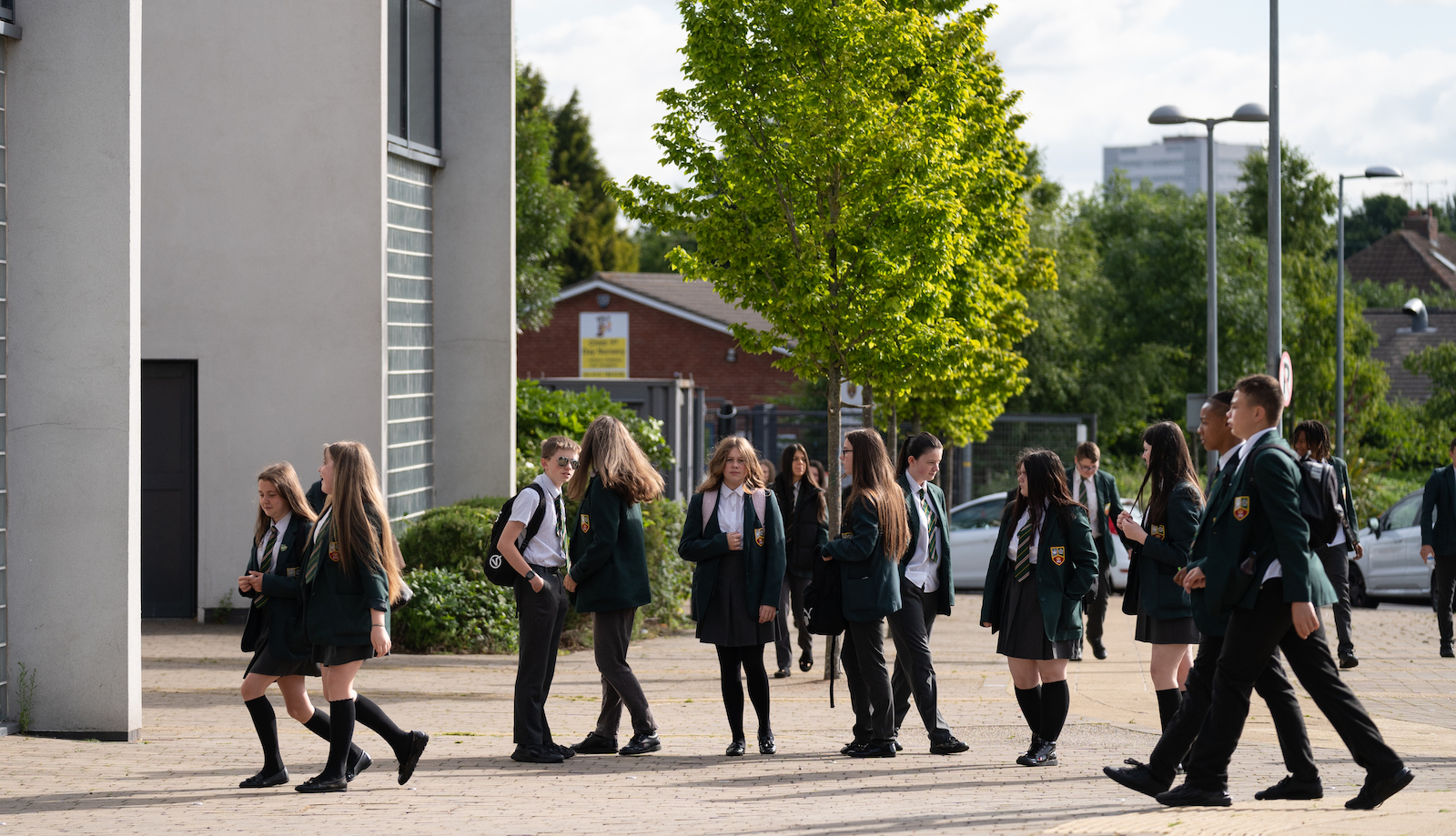Child Development

Curriculum Intent
Our Child Development BTEC curriculum aims to offer a diverse curriculum which inspires, engages and provides every pupil with a firm understanding of the Early Years Sectors so that they are empowered to proceed with confidence to vocational employment or higher level study. Students will develop a broad range of knowledge and transferable lifelong skills, useful across subjects and highly valued by employers.
BTEC Level 2 TECH AWARD
Type: BTEC tech awards
Course code: 603/7058/0
What does the qualification cover?
The Award gives learners the opportunity to develop applied knowledge and understanding of child development and growth up to the age of five, how children learn through play and how meeting the needs of individual children will support their development, play and learning. In a practical learning environment, learners will have the opportunity to develop knowledge and technical skills in the following areas: • the characteristics of children’s development from birth up to five years • factors that affect growth and development • the importance of play • how play promotes children’s learning and development • reasons why children may need support • child-friendly environments to support play, learning and development in children from birth to five years old • supporting all children to learn and develop physically, intellectually, emotionally and socially, and adapting activities to support children’s play, learning and development. This Award complements the learning in GCSE programmes such as GCSE English and GCSE Psychology. It is a practical introduction to the application of play opportunities for the learning and development of children in a variety of environments.
Structure of Course
The three components focus on the assessment of knowledge, skills and practices. These are all essential to developing a basis for progression and, therefore, learners need to achieve all components in order to achieve the qualification. The components are interrelated and they are best seen as part of an integrated whole rather than as totally distinct study areas. Learners will normally take this qualification over a two-year period or longer. This means that they must be given the opportunity to build their confidence in understanding the sector, vocational contexts and vocational attributes over a long period during the course of study before they are assessed. As the interrelated components are not linked to occupational roles, certification is not available at component level.
Assessment
Externally Assessed Examination Unit
Component 3: Supporting Children to Play, Learn and Develop, is assessed through a single external assessment. As this component builds directly on Components 1 and 2, it enables learning to be brought together and applied to realistic contexts.
The external assessment requires learners to demonstrate their knowledge and understanding of child development by considering how individual circumstances across the five areas of development affect a child’s ability or capacity to learn through play and meet expected development milestones. They will apply their knowledge of techniques and skills to adapt activities to meet the individual circumstances that children may experience to ensure that all children play, learn and develop.
The externally-assessed component contributes 40 per cent of the total GLH of the qualification and is weighted accordingly in the calculation of the overall qualification grade.
Internally assessed units assessed via Pearson set Controlled Assessment Assignments
Internal assessment Components 1 and 2 are assessed through internal assessment. Internal assessment for these components has been designed to relate to achievement of application of the conceptual underpinning for the sector through realistic tasks and activities. This style of assessment promotes deep learning through ensuring the connection between knowledge and practice.
The components focus on: • the development of core knowledge and understanding of the key features of children’s growth and development, and factors that can affect how children make progress between the ages of birth to five years old • the development and application of skills, such as using play opportunities to benefit children’s learning and development.
Destinations
What can the qualification lead to? Study of the qualification as part of Key Stage 4 learning will help learners to make more informed choices for further learning either generally or in this sector. The choices that learners can make post-16 will depend on their overall level of attainment and their performance in the qualification. Learners who generally achieve at Level 2 across their Key Stage 4 learning might consider progression to:
- A Levels as preparation for entry to higher education in a range of subjects
- study of a vocational qualification at Level 3, such as a BTEC Level 3 National in Children’s Care, Learning and Development or a vocational qualification in a related sector such as a BTEC Level 3 National in Health and Social Care.
These qualifications prepare learners to enter employment or apprenticeships, or for a move to higher education to study a degree in the early childhood or childhood and youth areas or in related sectors such as nursing and social care.
Learners who generally achieve at Level 1 across their Key Stage 4 learning might consider progression to study at post-16 through a technical qualification, such as the Pearson BTEC Level 2 Technical Diploma in Children’s Play, Learning and Development (Early Years Assistant).
Learners who perform well in this qualification compared to their overall performance, should strongly consider this progression route as it can lead to employment in the early years sector study at Level 2 post-16 in a range of technical routes designed to lead to work, to progression to employment via apprenticeships or to further study at Level 3.